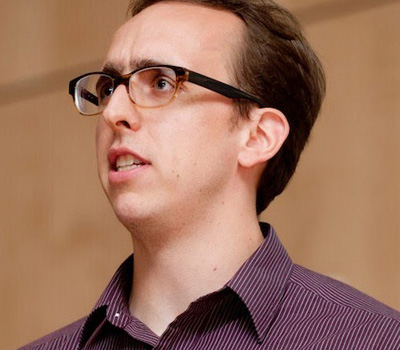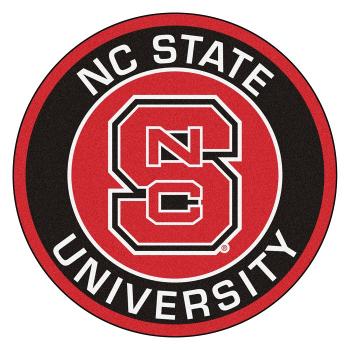Improving existing technology to reap the benefits of software programming
Recent credit card malware breaches have resulted in million of credit card numbers being stolen. Such breaches are preventable however; if we were to understand programs better, vulnerabilities could be fixed before such breaches occur. Dr. Emerson Murphy-Hill, of North Carolina State University, works to make existing programming tools and techniques more usable. His work focuses around helping information workers make better use of technology, with a substantial focus on one particular type of information workers-- software developers. Despite the powerful and useful software development tools that have been created, software developers only use a subset of the available tools, and those that a developer does use are often not fully leveraged. With the belief that the solution to this problem can be found by rethinking the design of software development tools, Dr. Murphy-Hill's innovative research is based on a better understanding of why developers use and do not use these tools. Such modifications of existing tools and techniques will help programmers to directly aid the rest of society by making our lives faster, more efficient, and secure.
Dr. Murphy-Hill's group, called the Developer Liberation Front, consisting of Ph.D. students, masters students, undergraduate students, and multidisciplinary collaborations, tackles a variety of problems in order to make existing tools and techniques more usable. By educating future scientists and thus, motivating students to use their individual creativity to solve pressing issues, Dr. Murphy-Hill is not only a rigorous researcher but also a dedicated mentor. As the winner of the NSF Career Award in 2013 and of four ACM SIGSOFT Distinguished Paper Awards, his research has resulted in the influence of software development at companies such as ABB, Google, and Microsoft. Therefore, for information workers everywhere, increasing the ability to use powerful technology will allow them to reap the benefits that the software provides. These incredible advances translate to better software for society's benefit; software that is more entertaining, software that enables us to communicate more effectively, and software that keeps us safe.
Research questions Dr. Murphy-Hill seeks to answer include:
-
How can the output of tools be made more understandable? For example, how can we make compilers that communicate better with the developer?
-
What are the unique opportunities and challenges for information workers as they get older?
-
How can we design tools that align with the workflow of information workers?
-
How can we help increase information workers' ability to learn tools from their peers?
-
How can tools help developers redesign their software effectively?
-
What prevents software developers from adopting new programming languages, language features, and development tools?
-
If security is so important, why do software developers sometimes not use security tools?
Bio
Dr. Murphy-Hill directs the Developer Liberation Front. His research spans human-computer interaction and software engineering, winning an NSF CAREER Award in 2013 and four ACM SIGSOFT Distinguished Paper Awards. His research problems are informed by and his results influence software development at companies such as ABB, Google, and Microsoft.
Dr. Murphy-Hill became a researcher to solve practical, long-term problems. He is fascinated by the great power of software technology. His motivations rely upon the great gap between what software could potentially accomplish and how little people actually make use of that power.
In his free time, aside from research, Dr. Murphy-Hill enjoys cycling. Between biking to work and mountain biking on the weekends, his pioneering spirit goes beyond the walls of his research.
In the News
The Wall Street Journal
InformationWeek
Publications
Awards
National Science Foundation CAREER Award, 2013
ACM SIGSOFT Distinguished Paper Award, 2014, 2010 twice, 2009
Best Paper Award, 2014
IEEE Symposium on Visual Languages and Human-Centric Computing


